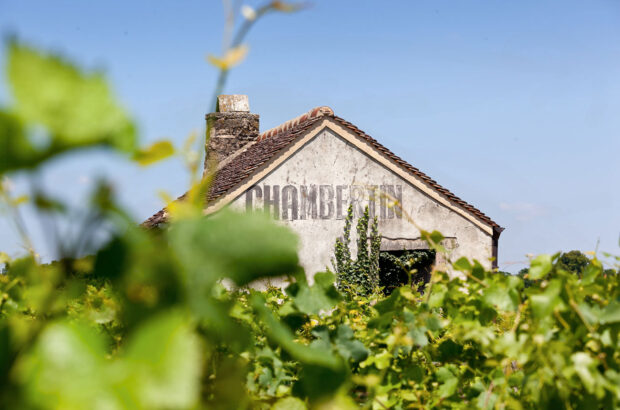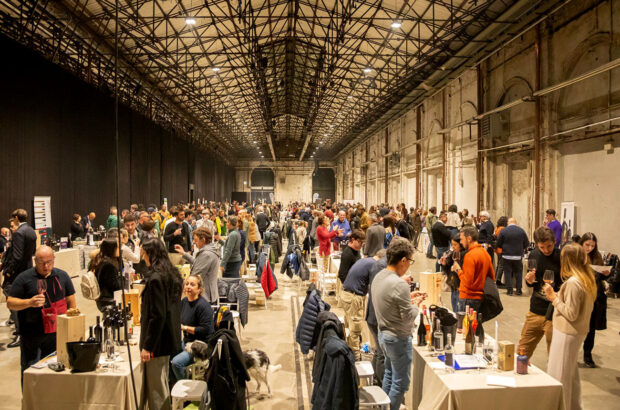Bordeaux first growth Chateau Margaux will incorporate an anti-fraud seal on all bottles leaving the chateau from this week.
The strip – known as a Prooftag – runs between the capsule and the bottle, and has a reference number and a unique pattern, both of which can be tracked on Chateau Margaux’s website.
Breaking the seal destroys the capsule, ensuring it cannot be used again.
This move comes in addition to existing anti-fraud measures employed by the estate, such as a laser-etched bottle, a vintage-specific bottle mould, individually numbered and bar coded bottles and cases, and special ink used on the labels and foil.
‘We want the right tools in place now to be able to authenticate the bottles in 30 years time,’ director Paul Pontallier told Decanter.com. ‘Once they leave the cellar, it is too late.’
Concerns about fake wines and traceability have come into focus in recent years, following several reports of forged first growth wines circulating within mainland China.
Albert Ho, senior superintendant at the Hong Kong Customs & Excise Department, confirmed to Decanter.com that there have been no proven cases of counterfeit wine in Hong Kong, and only five complaints of forged wines in both 2009 and again in 2010.
‘We do however have a specially-trained anti counterfeit wine squad and an intelligence bureau that tracks cases around the world to be aware of possible breaches,’ said Ho.
‘While we have no specific reports of forged bottles,’ Pontallier said, ‘we are aware that our customers are concerned about it, and we have to address that problem. And if it becomes a larger issue in the future, we want to be certain that we are ready.’
The Prooftag system will apply across Chateau Margaux, Pavillon Rouge and Pavillon Blanc. It will cover the entire production of 2009, 2010 and future vintages, and any older vintages that are sold from the property.
Written by Jane Anson in Bordeaux







